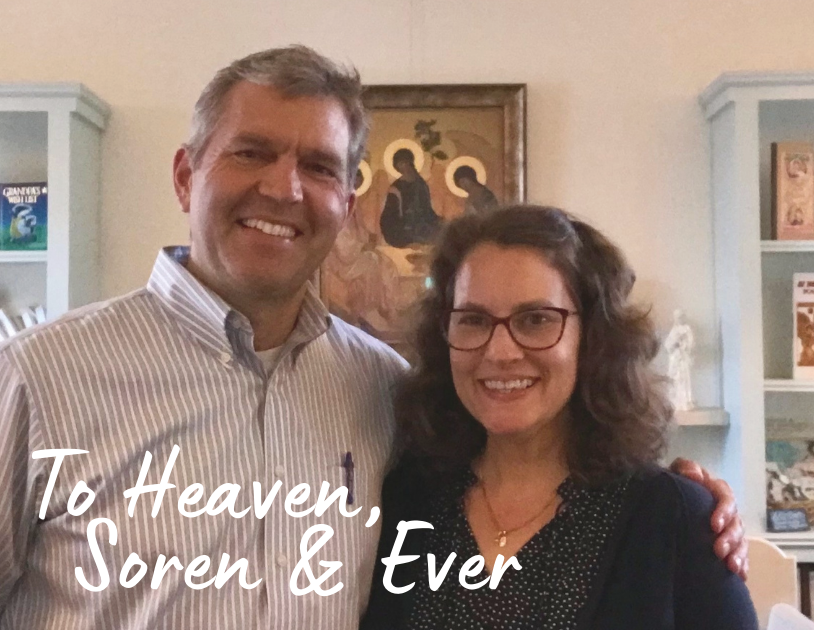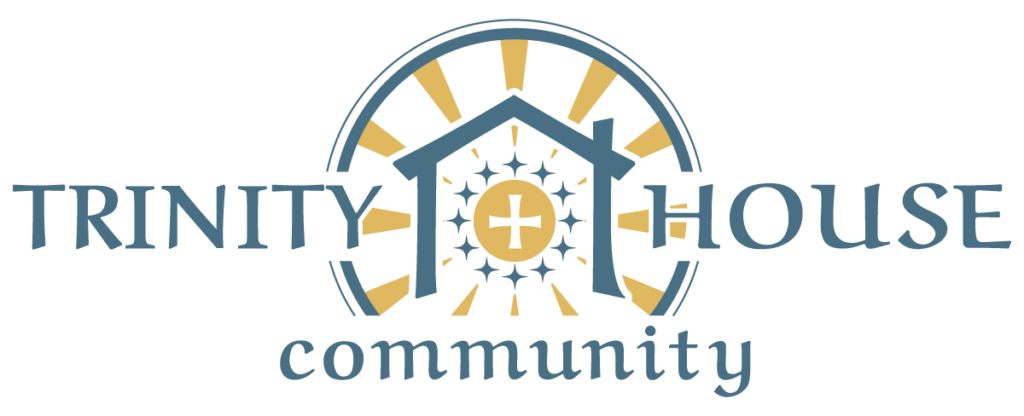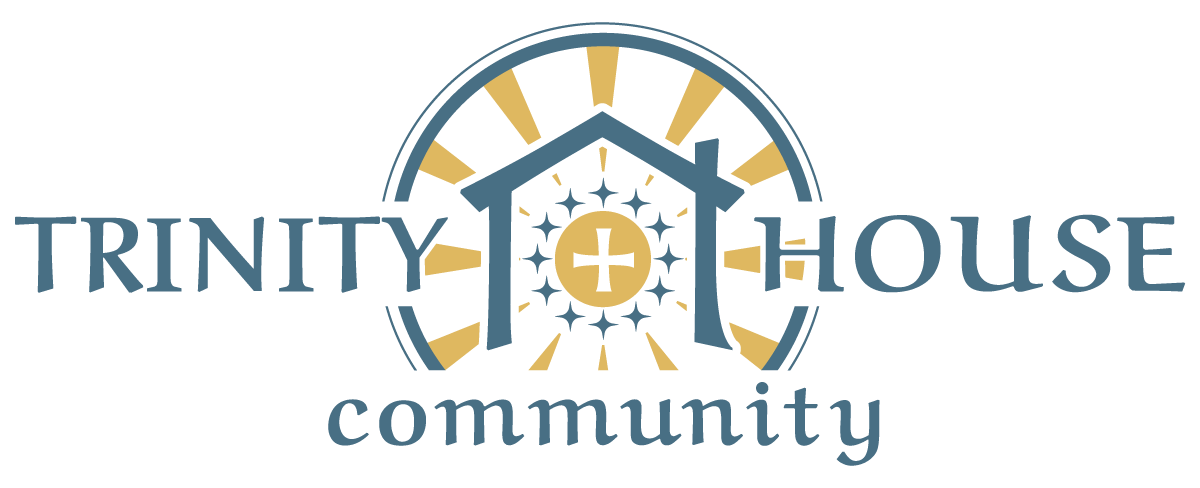
Let’s be honest: parenting is no walk in the park. Yes, on our better days, we provide the prompt, generous and consistent love and guidance our children need. But on other days? Ugh! The child misbehaves, our own reserves seem nonexistent, and our patience simply vanishes. We react moodily or even angrily, and together with our child, we slip off the narrow path. Such moments easily happen between spouses as well, when our ways of relating to each other hurt our communion instead of deepening it.
Maybe you experience similarly incongruous moments in your family life, when what you would have wanted to do just didn’t come out right. You want to increase your family’s communion in the image of God, the ultimate goal of a Trinity House, but something inside is disordered and fights against it. This unfortunate reality is why, in the Heaven in Your Home Workshop, we put a heavy emphasis on personal healing as a precondition for a deepening communion of persons.
Catholic psychologist Dr. Gerry Crete’s newly-released book Litanies of the Heart helps us understand what is happening inside when, despite our good intentions, something seems to block communion rather than promote it. In his penetrating study—aimed at helping anyone to begin or deepen their journey of healing and into the freedom and integration of Christ—he draws on the field of Internal Families Systems (IFS). This approach to psychology suggests that we all have various “parts” of our personality, a kind of “self-system” with “inner multiplicity.”
You might picture yourself as an interior orchestra whose conductor can sometimes be weak and indecisive, allowing difficult members and sections to attack others or hijack the whole, creating a cacophony of noise instead of beautiful music. You can imagine thinking after a long day of work: “Part of me wants to go to the gym, but part of me wants to sit on the couch, eat potato chips and watch Netflix.” Or, “Part of me wants to help my spouse fold the laundry, but part of me wants to blame him or her for not finishing it already.” Yes, you are one person, but you’re pulled in multiple directions. Sounds familiar?
Crete draws on St. Paul, St. Augustine, St. Thomas Aquinas, St. Teresa of Avila, and many others to suggest that Christians have always described an “inner conflict” between their “inmost self” (the conductor) and their “members” or parts of themselves that are not healed, integrated or sanctified. We have only to think of St. Paul, who wrote, “I delight in the law of the Lord, in my inmost self,” but who continued, “but I see in my members another law at war with the law of the mind, making me captive to the law of sin that dwells in my members” (Rom. 7:22).
So what do we do with this internal tension, which we each experience every day? How do we integrate our parts into a harmonious symphony so we can be healed in Christ and build up our family’s communion of persons? To answer this question, we can again turn to Crete, who challenges us to let the life of Jesus shed light on our inner selves and the daily challenges we face. Jesus constantly went out to seek the lost parts of the human family—to invite the tax collectors and prostitutes; to talk with the Samaritan woman at the well. The parables are packed with examples of his radical love.
Here is the pivot, and the key to finding a constructive way to deal with our warring parts. Have you, as a disciple of Jesus, encouraged your inner conductor to practice this kind of love within yourself? Have you gone to your parts or “exiles,” to the margins within—the parts of you that make you most uncomfortable, or which bring you shame—and shared the love of Christ? These inner parts of ours can be much like our children, appreciative of being kindly guided in the right direction or hurt by being treated angrily, moodily, or perhaps worse, ignored.
Have you invited your inner Prodigal Son home for the feast? Have you assured your inner Older Brother that everything you have is his? Have you left the 99 to seek out your Lost Sheep? Have you allowed the Good Samaritan to tend to the part of you that is lying wounded by the side of the road? We have heard the command to “love your neighbor as yourself” a thousand times, but do we understand that this must include a gentleness, and compassion directed inward—a kind of “interior evangelization” aimed at the tension within?
To answer these questions, we invite you to try this exercise in one of your upcoming times of prayer:
- Read the story of the Prodigal Son, the Lost Sheep, the Woman at the Well, or the Good Samaritan. Invite the Holy Spirit to be present.
- Ask “Where do I see myself in this parable?” You may identify at first with one figure or another. But then ask, “What other aspects of my life connect with the other figures?” After all, each of us can harbor our own rebellious streak, harsh critic, lost soul, or wounded victim.
- In your time of prayer, demonstrate compassion to your inner critic, your rebellious part, your lost sheep, and invite them all to the feast. Picture yourself walking each of them into the beautiful and festive banquet hall. It may be easier for us to dismiss, ignore, or even exile the parts of ourselves that we don’t like. But that will only give them more power and resentment. Instead, in an act of charity, we can listen, console, and invite them into communion with the Lord. We can bring them to be healed.
To be clear, we are not psychologists, but we’re intrigued by this analogy for one simple reason: We can’t give what we don’t have. In other words, as we seek to deepen our communion with others in our Trinity House in Level 2, we will have little to give if we don’t first have an experience of God’s own healing love in our inmost selves. If we ignore the prodigal and older brother within our own hearts, and deny them an invitation to the feast, how will we share the communion that God has so richly given to us?
The alternative is breathtaking: As we gradually grow in this practice of accepting God’s love for each of us—by attentiveness to God’s quiet work in our hearts, of being welcomed by Him—we will find it easier to invite our inner parts into the freedom, healing and unity of God’s life. And that will spill over naturally and beautifully into our daily life, as we welcome, listen to and serve the people God has placed in our path.

> Here is Dr. Gerry Crete’s Litanies of the Heart on Amazon ($16.34)
> With the Solemnity of St. Joseph just around the corner on March 19th, why not plan ahead and mark this special day with your family? For some inspiration, check out our “Go to Joseph.”
> In this sacred season of Lent, we encourage you to go to Confession as a family. Here is a brief reflection we shared on this: “Confession Breakthrough.”

> Mark your calendar and bring your entire family to enjoy one of the many upcoming Trinity House Community Gatherings, including: 6:30 PM, Sat. March 16th, St. John the Apostle in Leesburg (learn more here) | 6:30 PM, Sat., March 16th, St. Theresa in Ashburn (learn more and RSVP here) | 11:15 AM (Spanish) and 6:45 PM (English), Sat., March 16th, Christ the Redeemer in Sterling. Free pupusas! Learn more here (p. 9).
> We are honored to be giving the upcoming “Full of Faith: Your Marriage Is Hallowed Ground” day-long retreat for married couples on Apr. 13 at St. Bridget’s in Berryville, VA. We encourage you to invest in your marriage by setting this time aside to grow closer to one another and to our Lord.
Reserve your spot here.
> Curious about starting a Trinity House Community Group in your parish this fall? Learn more here and schedule a 15-minute call/zoom with our team here. For just $499, your parish can access all the tools needed to host 5 transformative Gatherings for families, including videos, discussion questions, marketing templates, catechetical resources, ongoing support, and more.

“This could be a coffee table book, but I like it better as a kitchen table workbook. It’s both practical and beautiful! Use this book at home and then start a Trinity House Community at your parish.”
– Bill Coffin, Senior Fellow, Institute for Family Studies, in a review of Heaven in Your Home Letters & Guide






